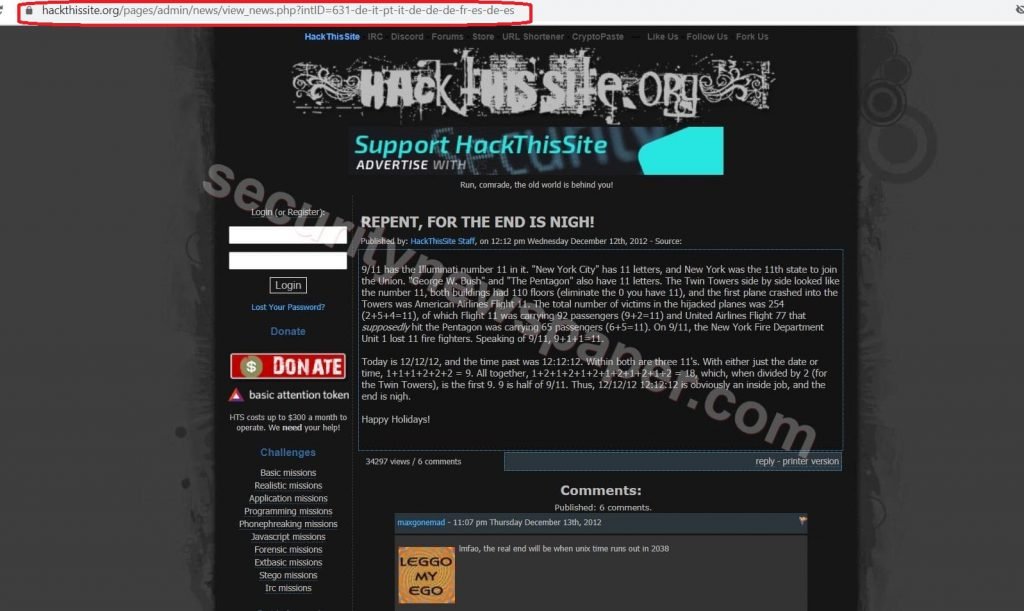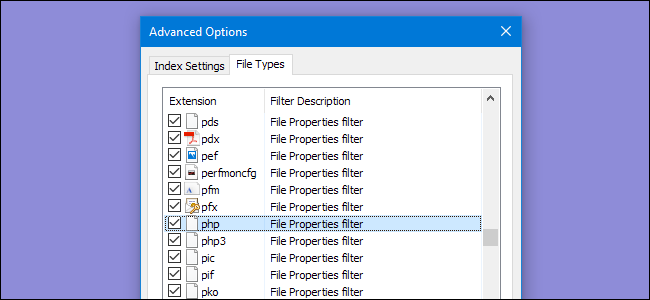
- #Find any file how to
- #Find any file install
- #Find any file upgrade
- #Find any file windows 10
- #Find any file Pc
Select whether you will be searching for a file name containing, equalling, or not containing your search text by selecting the appropriate option in the Whose Name selector. Be aware of the locations to which folders are linked before starting search operations. If the actual location of a linked folder is at the top level of a large number of folders, the search might take a long time. If you want to search across symbolic links that originate on your search path, select the Follow Links check box.

Speciy another folder on this workstationįolders are arranged in a hierarchical structure ( "Basic File System Concepts") By default, the Find operation will search the folder you specify and all its subfolders. Specify the hostname of a different workstation Your home directory (referred to as $HOME in this chapter), for example, /home/fredjĪll folders on the workstation's default path Select the folder under which you expect to find the required files or folders using the following table as a guide to the menu items in the Find dialog. To Find a File or Folder by Nameįile Finder displays the Find dialog box. The Find File application opens with the default search path set to the folder that was displayed in File Manager. Or, choose Find on the File menu of the File Manager application. The Find File application opens with the default search path set to your home folder. You can open File Finder from the Front Panel or from inside File Manager.Ĭlick the Find File control on the Files subpanel of the Front Panel. You can also specify the size, owner, date modified, type, and permissions. When specifying search criteria, you typically supply a file or folder name, or some text that you expect to find in the required file. Files and folders are sometimes generally called objects. Here's how.File Finder is an application that searches a folder and its subfolders and returns a list of files or folders that match your search criteria. If you suspect Windows has become damaged, there's a less drastic solution: Run Setup to repair Windows.
#Find any file install
Performing a clean install or a reset means you have to reinstall apps and desktop programs and start over with settings and preferences.
#Find any file windows 10
Windows 10 tip: Repair your Windows 10 installation
#Find any file upgrade
Here's everything you need to know before you repair, reinstall, or upgrade Windows 10, including details about activation and product keys. Before you get back to work, use this checklist to ensure that your privacy and security settings are correct and that you've cut annoyances to a bare minimum. You've just upgraded to the most recent version of Windows 10. Take advantage of the opportunity to create a recovery drive so you have a way to perform repairs if something ever goes wrong.Īfter Windows 10 upgrade, do these seven things immediately
#Find any file Pc
If your Windows 10 PC is operating perfectly right now, great. Questions about installing and activating Windows 10? Here's what you need to know before you dive in.

#Find any file how to
How to install, reinstall, upgrade and activate Windows 10 Click the year to see a list of months, then use the left and right arrows to move through the calendar.

To change the value, click the operator in the search box and use the calendar control to pick a specific date or drag to select a range of dates. That click automatically enters the Datemodified: operator in the search box. Click in the search box to make the Search Tools tab available on the ribbon, then click the Date modified button and choose one of the available options. If that seems like too much typing, you can build your own date-based search query by pointing and clicking. If the term consists of two words, include the space between them.


 0 kommentar(er)
0 kommentar(er)
